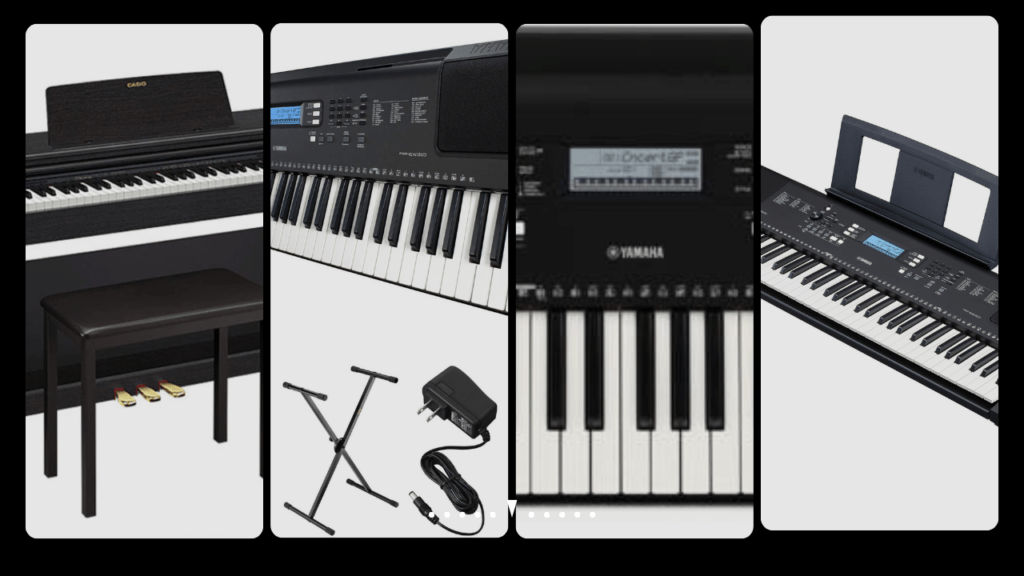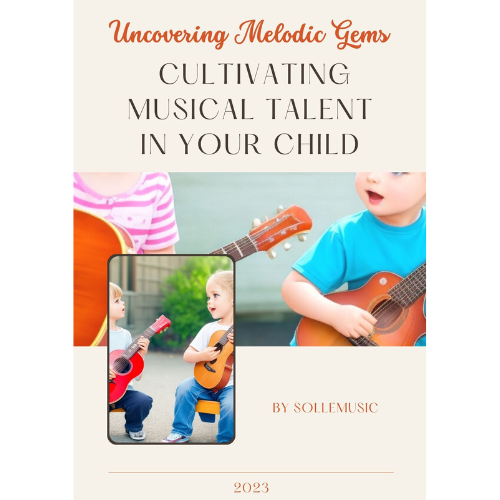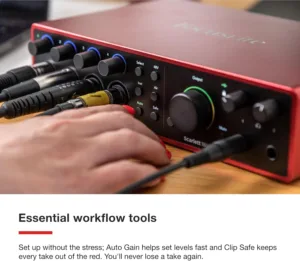Learning to play the piano is a process that varies greatly from person to person and depends on a number of factors such as previous musical experience, natural ability, the amount of practice time and the level of proficiency you want to achieve.

It usually takes several months to a year of consistent practice to become comfortable playing simple pieces, reading music, and understanding basic music theory. With more practice and dedication, one can progress to playing more complex pieces and develop their own style.

However, becoming an accomplished pianist who can play advanced repertoire can take several years of focused and consistent practice. It is important to note that learning the piano is a lifelong journey, and there is always room for improvement and growth.

Learning to play the piano is a rewarding and satisfying experience, but it requires a lot of patience, dedication and discipline. It is essential to set realistic goals and practice regularly to progress. Consistency in practice is more important than the number of hours spent practicing in one day.

See our recommendations for pianos for beginners in the attached link
https://amzn.to/3oXti7r
https://amzn.to/3NoScXO
https://amzn.to/3LbnKOk
https://amzn.to/446YYYe
When starting to learn piano, it is important to develop good habits, such as correct hand position and technique, which will prevent injuries and ensure faster progress. It's also essential that you have access to a good quality instrument, whether it's an acoustic or digital piano, to enable you to produce good sound and practice effectively.

Many factors can affect the speed of learning, including age, musical background and natural ability. Children and teenagers tend to pick up skills faster than adults because their brains are more adaptable and receptive to learning new things. However, adults can also become excellent pianists with regular practice and commitment.

There are different approaches to learning piano, such as traditional methods that focus on reading notes, and more modern approaches that use technology and multimedia tools to make learning more fun and engaging. Whichever method you choose, it's important to have a good teacher who can guide you and provide feedback on your progress.

In conclusion, learning piano is a lifelong journey that requires patience, dedication and discipline. While it is possible to become proficient in a few months or years, becoming a talented pianist takes time and effort. It is essential to set realistic goals, practice regularly and seek guidance from a good teacher to make steady progress.




